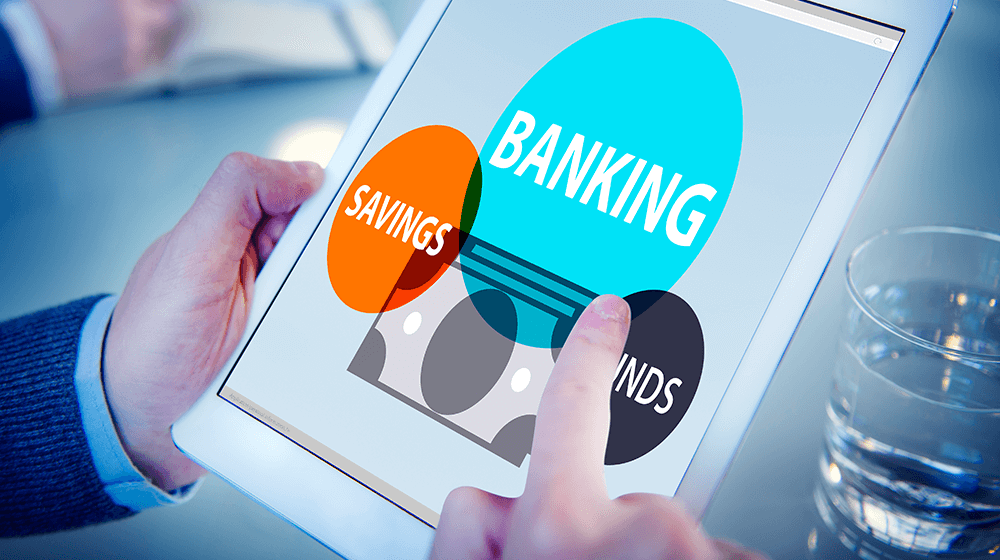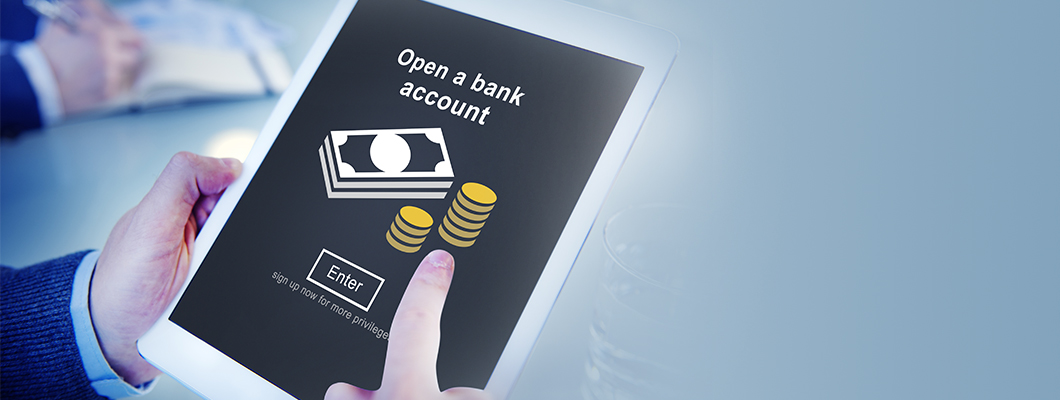Bank Account Opening Documents You Can't Miss to Avoid Setbacks
Bank Account Opening Documents You Can't Miss to Avoid Setbacks
Blog Article
Explore Your Alternatives for Hassle-Free Savings Account Opening Near You
In today's financial landscape, the process of opening up a bank account can typically seem difficult, yet it does not have to be. By exploring the various alternatives readily available to you, consisting of local establishments and on-line bankss, you can determine options customized to your requirements. Recognizing the different kinds of accounts, required documents, and the actions involved can greatly streamline this task. There are nuances that can affect your experience dramatically; recognizing these can lead to a more helpful financial relationship. What essential factors should you think about before making your choice?
Comprehending Checking Account Types
Comprehending the different sorts of checking account is necessary for making enlightened financial choices. Savings account commonly come under several classifications, each developed to meet certain monetary needs. One of the most common kinds consist of financial savings accounts, inspecting accounts, and deposit slips (CDs)
Financial savings accounts are suitable for individuals looking to save funds while gaining passion. These accounts commonly have actually restricted withdrawal alternatives yet typically supply greater interest rates compared to examining accounts.
Certifications of deposit (CDs) are fixed-term accounts that require funds to be deposited for a specified duration, frequently yielding greater rates of interest than traditional financial savings accounts. Early withdrawal might sustain fines. Various other specialized accounts consist of cash market accounts, which integrate features of cost savings and checking accounts, and private retirement accounts (IRAs), which provide tax advantages for retired life cost savings. Understanding these account types encourages people to select one of the most appropriate alternatives for their financial goals.
Finding Between Online and Neighborhood Bankss
When selecting a bank, people typically face the choice in between online and neighborhood bankss, each offering unique benefits and drawbacks. On the internet bankss generally offer higher interest prices on cost savings accounts and lower costs because of lowered overhead prices. bank account opening. Their 24/7 availability permits consumers to manage their financial resources comfortably from anywhere, making them an attractive option for tech-savvy people

Safety is an additional crucial aspect to think about. While on the internet bankss utilize sophisticated encryption and protection measures, some people might still really feel extra comfortable with the physical visibility of a local bank, where they can see staff and procedures firsthand.
Inevitably, the choice between online and regional bankss depends on individual preferences and banking demands. Examining aspects such as benefit, costs, rates of interest, and client solution will certainly assist individuals choose the banking remedy that ideal fits their way of living.
Required Records for Account Opening
Prior to beginning the account opening process, it is important to gather the essential documentation to make certain a smooth experience. Different bankss may have certain needs, but there are typical papers that you will normally need.
To start with, a valid government-issued picture identification is vital. This can consist of a motorist's permit, ticket, or nationwide copyright. Proof of address is commonly needed; appropriate papers might include energy expenses, lease contracts, or bank statements that plainly display your name and current address.
Additionally, relying on the type of account you desire to open, you might require to provide your Social Protection number or Tax obligation Recognition Number for tax obligation functions. If you are opening a joint account, both parties will certainly require to provide their recognition and evidence of address.

Actions to Open Your Account
Opening up a bank account entails an uncomplicated collection of actions that can simplify your financial experience. To start, pick the sort of account that best fits your Read Full Report financial needs, whether it's a checking, financial savings, or a specialized account. See your chosen bank's branch or browse to their website to initiate the procedure. when you have actually made your choice.
Next, gather the required documents, which normally consists of proof of identity, such as a government-issued ID, and evidence of address, like an utility bill. bank account opening. Some bankss might likewise ask for your Social Security number or tax obligation recognition number
After assembling your documents, complete the application, either online or in-person. Make certain that all details is exact and complete to avoid delays.
When you submit your application, the bank will examine your details, which may draw from a few minutes to a pair of days depending on the organization. If authorized, you'll get details regarding your new account, including your account number and any kind of connected debit or credit cards. Make a preliminary deposit to trigger your account, and you are prepared to begin financial.
Tips for a Smooth Experience
To ensure a seamless checking account opening experience, it is useful to be well-prepared and educated about what to expect. Begin by collecting all essential documentation, including a legitimate government-issued ID, evidence of address, and your Social Protection number. This preparation will certainly accelerate the process and prevent unnecessary hold-ups.

In addition, it is a good idea to set up a consultation with a bank representative. This can aid guarantee that you get customized support and avoid long delay times.
As soon as at the bank, ask concerns to make clear any kind of terms or features related to your account. Recognizing the small print can protect against future aggravations.
Verdict
Finally, thorough study and preparation are necessary for a smooth checking account opening experience. By recognizing various account kinds, evaluating the helpful resources benefits of regional versus on-line bankss, and gathering essential documents, people can navigate the procedure efficiently. Following described steps and making use of pointers can further improve the experience. Ultimately, an enlightened technique will facilitate the choice of a financial institution that straightens with specific monetary demands and choices.
The most common types include financial savings accounts, inspecting accounts, and certificates of deposit (CDs)
These accounts typically have actually restricted withdrawal choices but usually use greater interest prices contrasted to inspecting accounts.Certifications of deposit (CDs) are fixed-term accounts that call for funds to be deposited for a given duration, commonly generating greater interest prices than standard financial navigate to these guys savings accounts. Other specialized accounts consist of cash market accounts, which combine functions of financial savings and examining accounts, and private retired life accounts (Individual retirement accounts), which offer tax obligation benefits for retirement savings. To begin, pick the type of account that best fits your financial needs, whether it's a checking, financial savings, or a specialized account.
Report this page